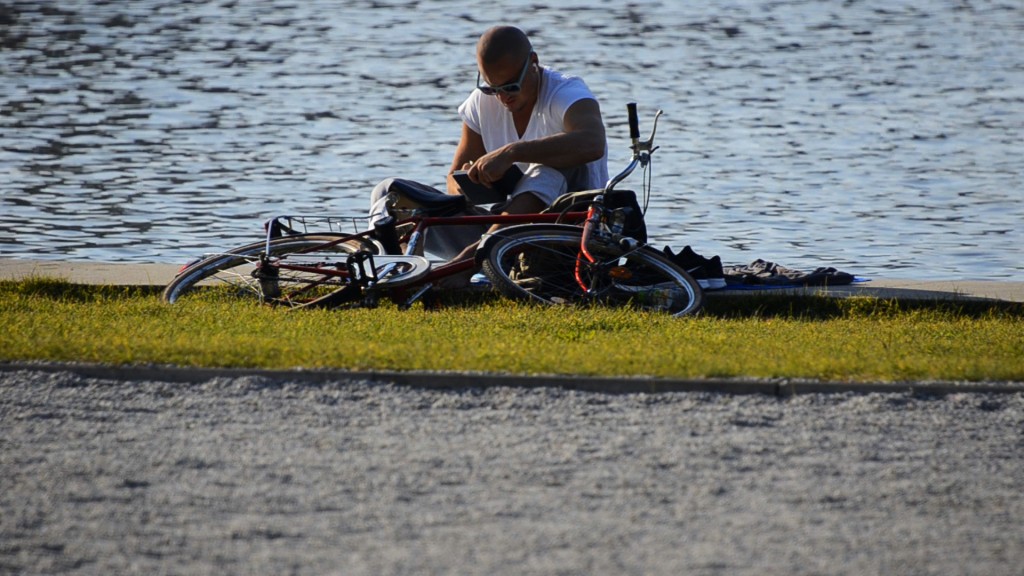There are dozens, hundreds and even thousands of citizens from Europe, Asia and Africa living in Poland. They came to Poland for various reasons. Some were delegated here by their company, ministry or embassies. Others decided to study in one of the twenty-seven European Union countries. There are also many people, who in the Pole, found their soul mate. Moreover, another group of visitors are those who see our homeland as a great place to work, develop and run their own businesses. There are those, who treat Poland as a brief stop on the way to Western Europe. Others wish to get married, because it gives them more opportunities, and for some people it is the quick start to adulthood.
“Strasznie lubię polskie piwo” (meaning: I really love Polish beer)
They all constitute the original and colourful mixture of attitudes, values and beliefs. Therefore, Poles gain new neighbors, co-workers, students, and classmates who speak their own languages, who practise a different religion, or who celebrate other holidays. The schools and universities of Polish language open their doors to the representatives of many nations and continents. Among them there are the inhabitants of; Belarus, China, Cameroon, Kazakhstan, Ukraine, Vietnam and many other countries. There is also a citizen of Tanzania named Paul, who in a few seconds, after he finds out that you come from Poland, perfectly pronounces the saying, “Strasznie lubię polskie piwo” (meaning: I really love Polish beer)
Our series
The series called “Foreign eyes on Poland” will present the profiles of people who have any connection to Poland or who have found their home in Poland, or just a favorite place for vacation where they like to return. We will be asking them questions like; what surprised them the most and how the Poles are perceived by foreign eyes; how Poland differs from their country of origin; and whether the behavior of people is different? We will also ask them what Polish experiences they remember the most. We will ask questions such as; if it is the architecture of the cities they visited, or perhaps that they were cheated by a taxi driver at the airport; whether communicating with the Poles is a challenge; and what kind of neighbours the Poles are. We’ll find out how they manage with their daily responsibilities of; work, school, the office, bank or dealings at the post office. We will ask; whether they get irritated by the swear-words they hear in public or did they have any situation when some unpleasant or nasty comment was addressed to them? They will be asked if they consider the Poles as a helpful and friendly people; what important words they learned at the beginning; what do they miss in Poland; did they feel discomfort due to climatic conditions; and whether they like Polish cuisine? We’ll find out what induced them to visiting Poland, was it a coincident or just a planned visit? We will ask them what gave them the motivation to learn the Polish language and many other issues.
Copyright ©Francesco Carovillano


